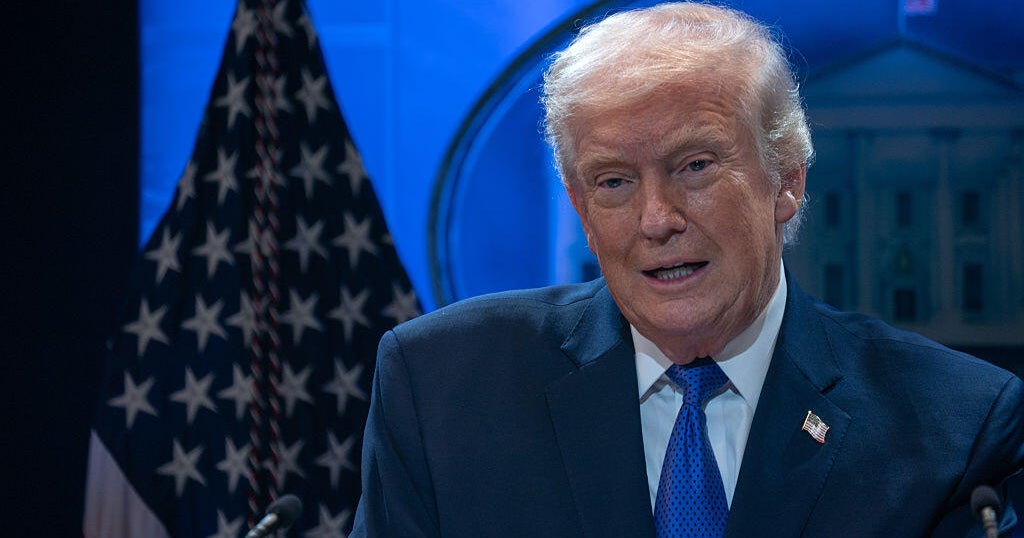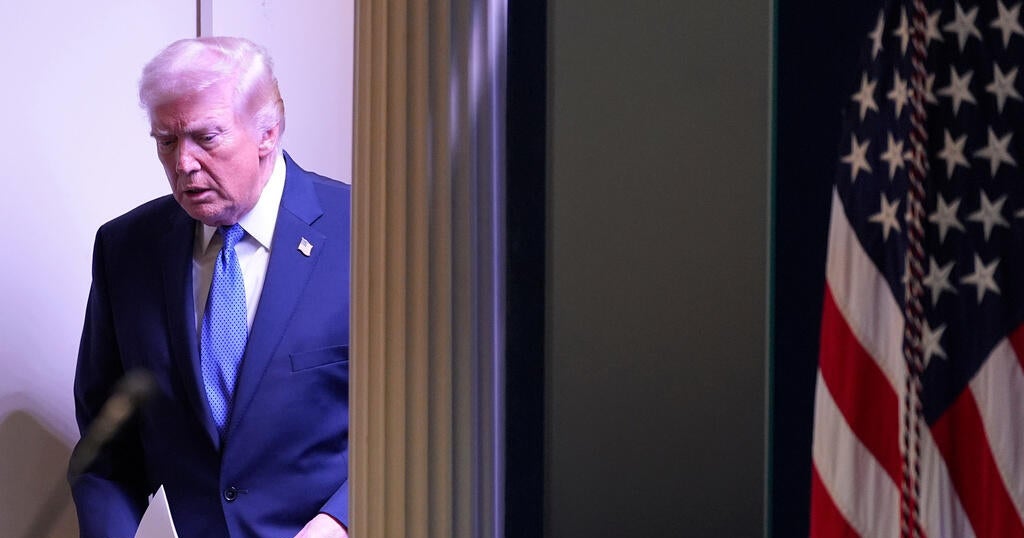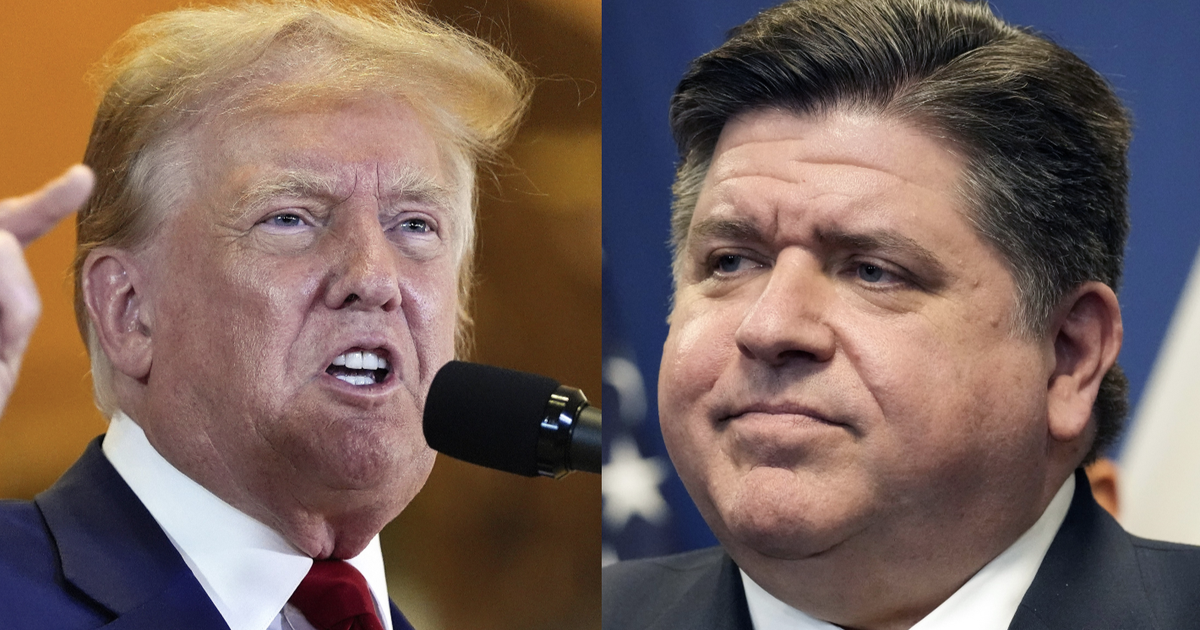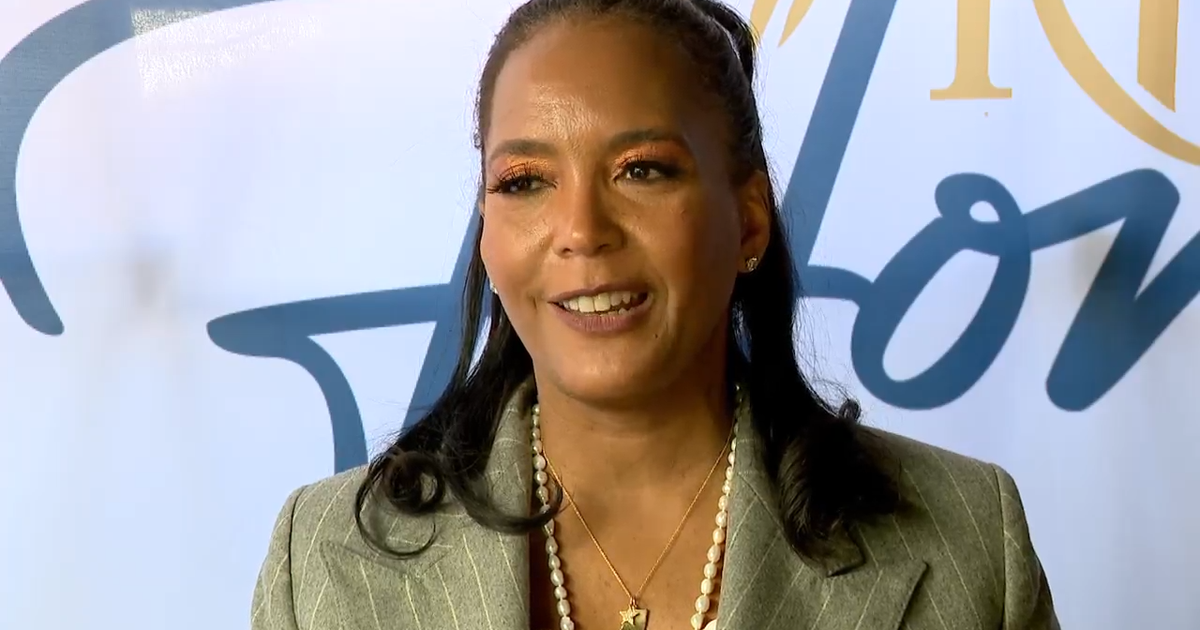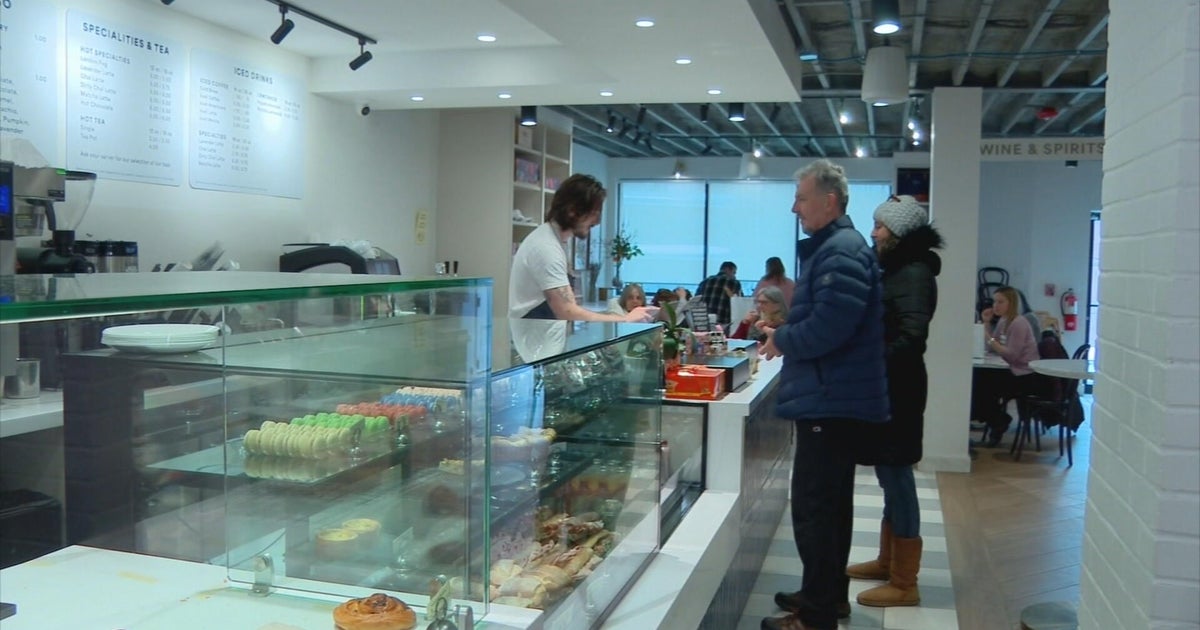Supreme Court turns away challenge to admissions criteria at Boston high schools
Washington — The Supreme Court on Monday turned away a challenge to race-neutral admissions criteria at three prestigious Boston high schools that aimed to increase the racial and economic diversity of their student bodies.
Justice Neil Gorsuch noted that the schools have since changed the admissions policy, which "greatly diminish[es] the need for our review." Justice Samuel Alito, joined by Justice Clarence Thomas, disagreed with the decision not to hear the case.
The challenge came on the heels of the Supreme Court's June 2023 decision that struck down affirmative action at higher-education institutions and said race can no longer be used as a factor in admissions decisions.
Schools nationwide are now weighing how to better diversify their student bodies without running afoul of the Supreme Court's ruling, and are looking to other factors like zip codes and socioeconomics that can be taken into consideration to achieve that objective.
In Boston, admission to the three so-called "Exam Schools," Boston Latin Schools, Boston Latin Academy and the John D. O'Bryant School of Mathematics and Science, was based on a combination of a student's score on a standardized test, grade point average and preference. But the COVID-19 pandemic roiled the admissions process, as it became difficult to administer its exam-based process.
Under admissions criteria revised in light of the impact of the pandemic, 20% of seats were awarded based on students' GPA and the rest of the seats went to students with the highest GPAs from each of Boston's zip codes.
The admissions process launched in November 2020 and closed in January 2021. Under the revised criteria, 43% of incoming students were economically disadvantaged, an increase from the prior year. Of those admitted to the exam schools, 31% were White, 23% Black, 23% Hispanic, and 18% Asian, according to court filings.
Under the old plan, 39% of invited students were White, 21% Asian, 21% Hispanic and 14% Black.
The criteria was only in effect for one year, and beginning with the 2022-2023 school year, the school system put in place a new plan that relies on grades, census tracts and performance on a standardized test.
In February 2021, the Boston Parent Coalition for Academic Excellence sued the Boston School Committee, which oversees the city's public school system, and superintendent on behalf of 14 anonymous White and Asian students who claimed they applied for admission to the exam schools that fall. They sought to bar the committee from implementing the plan.
A federal district court sided with the school system, finding that the revised admissions criteria did not violate the Constitution and was racially race neutral. The U.S. Court of Appeals for the 1st Circuit upheld that decision, finding in part that the Boston School Committee's use of neutral selection criteria to increase racial diversity was allowed by the Supreme Court.
The coalition appealed to the high court, arguing that the admissions criteria was designed to reduce the number of Asian American and White students who were allowed to attend the three exam schools. The parents argued that under the 1st Circuit's decision, a school district could "openly target" students based on their race.
"Should the court turn away this case, it will only embolden government officials to continue targeting disfavored racial groups — particularly, Asian Americans," they argued in a filing.
But the Boston School Committee argued that there is no longer a controversy for the Supreme Court to decide. The admissions criteria at the center of the challenge was adopted for one year when the COVID-19 pandemic made it impossible to administer its existing exam-based process, it said.
Lawyers for the school district also said the temporary admissions plan was developed and ended before the Supreme Court's affirmative action decision.
"Nothing in this Court's precedent mandates that a public body be blind to whether its race-neutral policies will have a disparate impact on historically disadvantaged groups, or even help reduce past disparate impacts," they said.
Alito wrote that the Supreme Court, through its decision not to hear the case, has "now twice refused to correct a glaring constitutional error that threatens to perpetuate race-based affirmative action in defiance of Students for Fair Admissions," referring to the 2023 case.
The Supreme Court already has been asked to step into two recent disputes over admissions policies at a prestigious Virginia high school and the U.S. Military Academy at West Point.
In February, the justices turned away a challenge to the admissions criteria at Thomas Jefferson High School for Science and Technology. Administrators said the policy is designed to mitigate socioeconomic and geographic barriers for prospective students.
The high court also said it would not stop West Point from considering race in its admissions process while a legal fight over its policies plays out before a federal appellate court.

